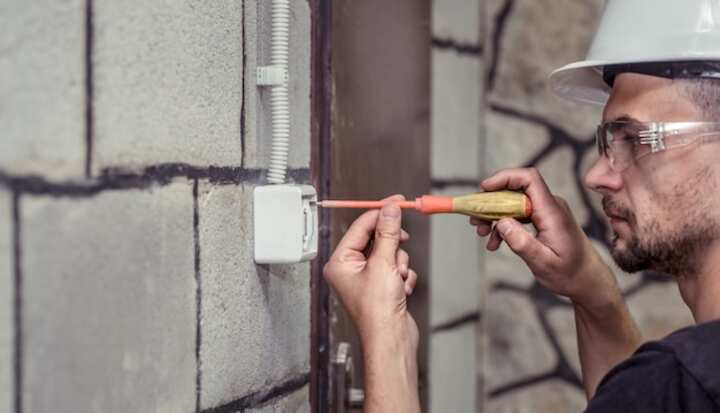
Expert Foundation Wall Crack Repair Specialists
Foundation wall cracks can be a serious concern for homeowners and property managers alike. These cracks not only compromise the structural integrity of a building but can also lead to moisture intrusion, mold growth, and other costly damages if left unaddressed. It is essential to understand the causes of foundation wall cracks and the best methods for repairing them. Expert foundation wall crack repair specialists offer valuable insights and solutions to ensure that properties remain safe and sound.
Understanding Foundation Wall Cracks
Foundation wall cracks can occur for a variety of reasons. The most common causes include:
- Soil Movement: Changes in soil moisture levels can cause expansion and contraction, leading to pressure on the foundation walls.
- Poor Construction: Inadequate construction practices or the use of substandard materials can result in weak foundation walls.
- Water Damage: Prolonged exposure to water due to poor drainage or plumbing leaks can weaken the foundation.
- Settling: Over time, structures may settle unevenly, leading to the development of cracks.
Understanding these causes is crucial for effective foundation wall crack repair. For more in-depth information, read more about this topic.
Types of Foundation Wall Cracks
Not all foundation wall cracks are created equal. They can vary in size, shape, and severity. Some common types include:
- Vertical Cracks: Often caused by concrete shrinkage, these are usually less severe but should still be monitored.
- Horizontal Cracks: These indicate significant pressure and can be a sign of serious structural problems.
- Diagonal Cracks: Typically resulting from differential settlement, these require professional assessment.
- Stair-Step Cracks: Common in brick or block foundations, these require prompt attention to prevent further damage.
Each type of crack requires a unique approach to repair. Explore further insights here on identifying and addressing different crack types.
Repair Methods
There are several methods employed by foundation wall crack repair specialists to address these issues effectively:
- Epoxy Injections: Used for sealing non-structural cracks, epoxy injections prevent water infiltration and restore structural integrity.
- Carbon Fiber Straps: These are applied to reinforce walls with horizontal cracks, preventing further bowing and shifting.
- Steel Piering: For foundation settlement issues, steel piers are driven deep into the soil to stabilize the foundation.
- Wall Anchors: Designed to combat soil pressure, wall anchors can stabilize and straighten bowing walls.
Each method has its own advantages and is chosen based on the specific needs of the foundation. Find additional information here on these advanced repair techniques.
Choosing a Specialist
When selecting a foundation wall crack repair specialist, consider the following factors:
- Experience and Expertise: Ensure the specialist has a proven track record and extensive knowledge in foundation repair.
- Licensing and Insurance: Verify that they hold the necessary licenses and insurance to protect against liabilities.
- Reputation: Look for reviews and testimonials from previous clients to gauge their satisfaction with the services provided.
- Warranty and Guarantees: A reliable specialist will offer warranties on their work, providing peace of mind for the quality of repairs.
Making an informed decision is crucial for the longevity of the repair work. Learn more in this detailed guide on selecting the right professional for the job.
Preventive Measures
To minimize the risk of future foundation wall cracks, consider implementing preventive measures such as:
- Proper Drainage: Ensure gutters and downspouts direct water away from the foundation.
- Soil Grading: Maintain a slope around the foundation to prevent water pooling.
- Regular Inspections: Conduct periodic inspections to identify potential issues early.
Taking these steps can help maintain the integrity of the foundation and prevent costly repairs. Learn more about preventive strategies.